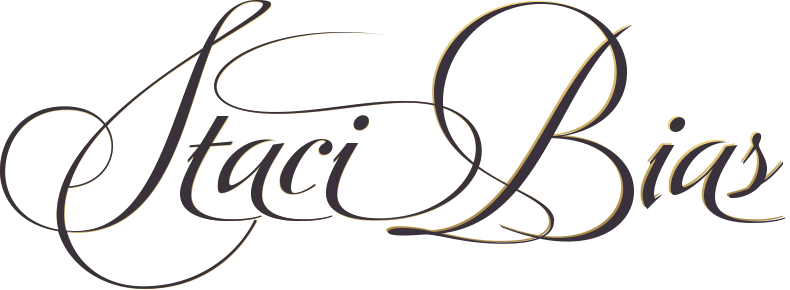
Mortgage 101
Buyers can easily get overwhelmed by the options they are confronted with when it is time to apply for a loan. Conventional? Government-backed? Fixed rate? Adjustable rate? Even within these categories there can be several options.
Before you can determine which loan is right for you, you need to have an understanding of how each works and the costs and benefits of each. Let’s start with definitions:
Fixed Rate Mortgage: Fixed rate mortgages are exactly that – the mortgage rate remains fixed for the life of the loan. Monthly payments are fixed (for the principle and interest – if property taxes and homeowners insurance are paid as part of your payment, these are paid through an “escrow” account which can fluctuate from year to year).
Adjustable Rate Mortgage: These are also called ARMs. This type of loan has the potential to have monthly payments that change since the interest rate can change. There is usually an initial period of time where the interest rate does not adjust. This might be a “1-year” ARM, 3-year, 5-year, or 7-year. How often the interest rate adjusts will also depend on the loan. Since interest rates do change over time, the payment can either be higher or lower depending on the difference in the interest rate. For example, if someone took out a loan now when interest rates are at record-low levels, it is unlikely that interest rates will continue to be this low when the interest rate adjusts. Furthermore, ARMs generally start out with a lower interest rate than a fixed rate loan.
It is important to know your future plans when determining the type of loan which is ideal for you. For example, if you are planning on staying in your home for only seven years, it might save you money to use an adjustable rate mortgage with the expectation that you will be moving and taking out a new loan before the interest rate is adjusted. However, what happens if there is a health issue or something else which prohibits you from moving in seven years? What if you cannot move into a fixed-rate mortgage? These things must be taken into consideration when determining whether you can afford your monthly payment – now and later.
In addition to the fixed rate mortgage and adjustable rate mortgages, mortgages may also be either “conventional” (meaning funded by the private sector – usually a bank) or a “government-backed” loan. Government-backed loans are backed by the federal government, including the Department of Veteran Affairs or the Department of Housing and Urban Development. The government agency is “insuring” the loan, although the funding may still be by a bank.
So why the two different types of loans? The Department of Housing and Urban Development typically has less-stringent lending qualifications, making it easier for some buyers to get a loan. The down payment on an FHA loan (by the Federal Housing Administration) can be as low as 3.5% as opposed to a private loan which requires 10-20%.
Below are the most-typical types of government loans:
FHA (Federal Housing Administration) Loan: The three benefits of this loan are the low down payment, lower credit score requirements, and additional monies to fix the home up can be included in the loan amount. Buyers who want to take advantage of an FHA loan first need to find an FHA-approved lender. I have a full list of our local FHA-approved lenders in the event these loan parameters sound like a good match for your needs.
Once the buyer finds a home and makes an offer, FHA will require an inspection of the property the buyer has made an offer on. There is a minimum list of requirements the property must meet in order for FHA to back the loan.
The drawback to an FHA loan? Government mortgage insurance is an additional expense you will need to cover.
VA Loan: These are managed by the Department of Veteran Affairs and are reserved for military service members. The benefit of a VA loan is it does not require a down payment. If you are a military service member, an agent can help you find a property, but when it comes time to apply for the loan, your Veterans Administration office will point you in the right direction and help you with the application process.
USDA Loan: These loans are managed by the United States Department of Agriculture and are reserved for rural areas. They are available to low-income residents.
A lender can guide you through the ins and outs of each, and help you determine the best loan for your needs and comfort level.
I recommend you do your due diligence and verify that your lender or mortgage broker is licensed and able to represent your financial needs. You can search for Real Estate and Mortgage licensees at the California Bureau of Real Estate: http://www2.dre.ca.gov/PublicASP/pplinfo.asp
Here are some lenders who are a good match for many of my clients’ needs:
Wells Fargo Bank
John Faheem
909-741-7148
Guild Mortgage
Roberto Castillo
562-888-6085
Ask Staci!
Staci Bias
(909) 441-0463
[email protected]
CALBRE#01493338
Each office is independently owned and operated
